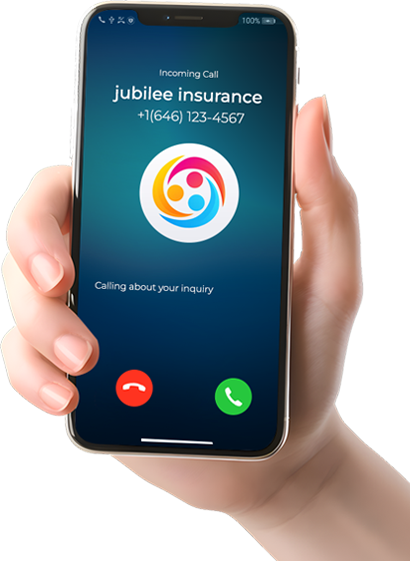
Increasing Connectivity by 20%

Strategies for Overcoming Sales Objections in a Dynamic Marketplace: A 2024 Guide
Effectively overcoming sales objections is paramount for call centers as it directly influences customer retention, revenue generation, and the overall customer experience. By adeptly addressing concerns, call centers not only foster customer loyalty but also increase the likelihood of converting leads into long-term customers. The positive resolution of objections contributes to an enhanced brand reputation, opens opportunities for upselling and cross-selling, and gives the call center a competitive advantage in a dynamic marketplace.
Furthermore, proficient objection handling boosts employee morale and confidence, reducing turnover rates and promoting a culture of continuous improvement. By analyzing objection data and staying adaptable to market changes, call centers can make informed, data-driven decisions, optimize resources, and ensure sustained success in the competitive landscape.
Overcoming sales objections in a dynamic call center environment requires a combination of effective communication, understanding customer needs, and staying adaptable to market changes. Here's a guide for 2024:
1. Comprehensive Product Knowledge:
Stay updated on the latest features, benefits, and updates of your products or services. The better you know your offerings, the more confidently you can address objections.
2. Active Listening:
Listen carefully to customers' concerns. Understanding their objections will help you tailor your responses to meet their specific needs.
3. Customer Centric Approach:
Shift the focus from selling to helping. Demonstrate genuine interest in solving the customer's problems rather than just pushing a product.
4. Anticipate Common Objections:
Based on historical data and customer feedback, identify common objections. Develop responses and counterarguments to address these objections proactively.
5. Adaptability:
The market is dynamic, and objections may change. Be ready to adapt your objection handling strategies based on market trends and customer feedback.
6. Emphasize Value Proposition:
Clearly communicate the unique value your product or service offers. Highlight specific features that address the customer's needs and differentiate your offering from competitors.
7. Building Rapport:
Establish a personal connection with the customer. Building rapport can create a more positive atmosphere and make customers more receptive to your solutions.
8. Objection Handling Framework:
Develop a systematic approach to handling objections. This could involve acknowledging the objection, empathizing with the customer, presenting a solution, and confirming their understanding.
9. Role-playing and Training:
Conduct regular training sessions with your sales team, including roleplaying scenarios where team members can practice handling objections. This helps build confidence and competence.
10. Utilize Technology:
Leverage customer relationship management (CRM) tools and analytics to gather insights into customer behaviour. Use Ai driven analytics to identify patterns and improve objection handling strategies.
11. Continuous Feedback Loop:
Establish a feedback loop where sales representatives can share their experiences and learn from each other. This collaborative approach helps refine objection handling techniques.
12. Stay Informed About Industry Trends:
Understand the latest trends in your industry. Being aware of market dynamics, competitor strategies, and industry developments can enhance your ability to address objections effectively.
13. Customize Solutions:
Tailor your responses to each customer's unique situation. A one size fits all approach may not be effective, so customize your solutions based on the specific needs and objections of each customer.
14. Post Sale Follow Up:
After closing a deal, follow up with customers to ensure their satisfaction and address any post purchase objections. This not only builds trust but also demonstrates a commitment to customer success.
By combining these strategies, call center professionals can navigate the challenges of a dynamic marketplace and effectively address sales objections in 2024.






Catch up on the latest feature updates, news, and announcements.